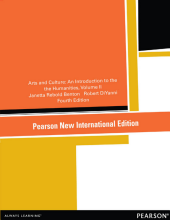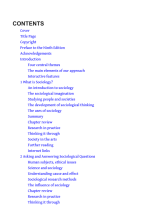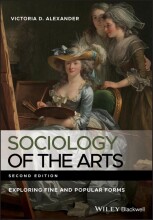Eighteenth Century - Neoclassicism - Classical Music
5 important questions on Eighteenth Century - Neoclassicism - Classical Music
What characterizes Classical Music (of the 18th century)?
- Clarity, balance and restraint.
- More accessible and recognizable than the complex musical language of the Baroque.
- More interest in music by the middle class.
- rise of the public concert.
- finally, musicians got the same recognition, painters already had in the Renaissance.
- Development of the symphony.
- Most famous composers:
- Franz Joseph Haydn (1732-1809).
- Wolfgang Amadeus Mozart (1756-1791).
- Ludwig van Beethoven (only his early career) (1770-1827).
Who was Franz Joseph Haydn?
- Franz Joseph Haydn (1732-1809) was an Austrian Classical Music composer.
- Nicknamed "Papa Haydn" for developing the basic classic form of the sonata, the symphony, and the string quartet.
- Also called the "Father of the Symphony".
- His career marks to moment when musicians and composers finally attained the social status that painters, sculptors and architects had enjoyed since as early as the Renaissance.
- Moved to England in 1791 where he became rich.
- composed the famous "London" symphonies.
- Best known for Symphony 94.
Who was Wolfgang Amadeus Mozart?
- Wolfgang Amadeus Mozart (1756-1791) is arguably the greatest of the Classical composers.
- His music is typified by the wide range of feelings.
- In part reason for his popularity.
- Composed some of the most famous operas to date:
- The Marriage of Figaro (1786).
- Don Giovanni (1778).
- The Magic Flute (1791).
- His symphonies are still popular today.
- Symphony no. 40 in G minor.
- Never finished his final choral work Requim.
- Higher grades + faster learning
- Never study anything twice
- 100% sure, 100% understanding
During the Classical Music period of the 18th century, two types of operas were popular. Which one?
- Opera Seria.
- Historical or mythological storeis.
- Opera Buffa.
- Comic operas.
Who was Ludwig van Beethoven?
- Ludwig van Beethoven (1770-1827) was the composer who bridged the gap between Classical and Romantic music.
- Got deaf, which led to an increasingly solitary life.
- Beethoven's music can be divided in 3 periods:
- Classical period (1770-1802).
- Heroic period (1803-1814).
- Romantic period (1815-27).
- His Ninth Symphony , from the Romantic period, is regarded as the greatest symphony ever made.
- Because of Beethoven, musician's attention shifted:
- From the function of objective laws and rules of harmony.
- To the expression of deeply personal and often introspective feelings.
The question on the page originate from the summary of the following study material:
- A unique study and practice tool
- Never study anything twice again
- Get the grades you hope for
- 100% sure, 100% understanding































